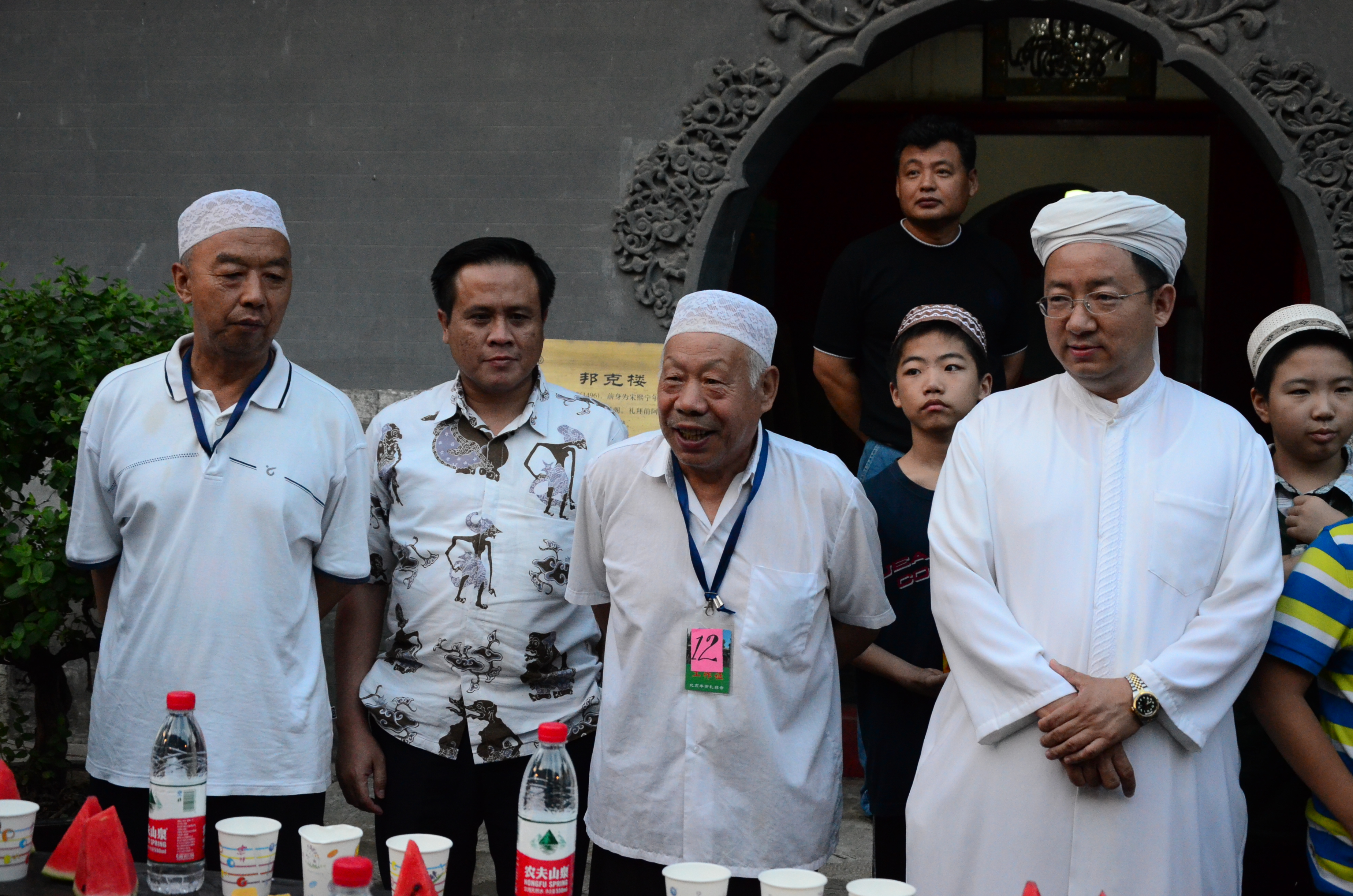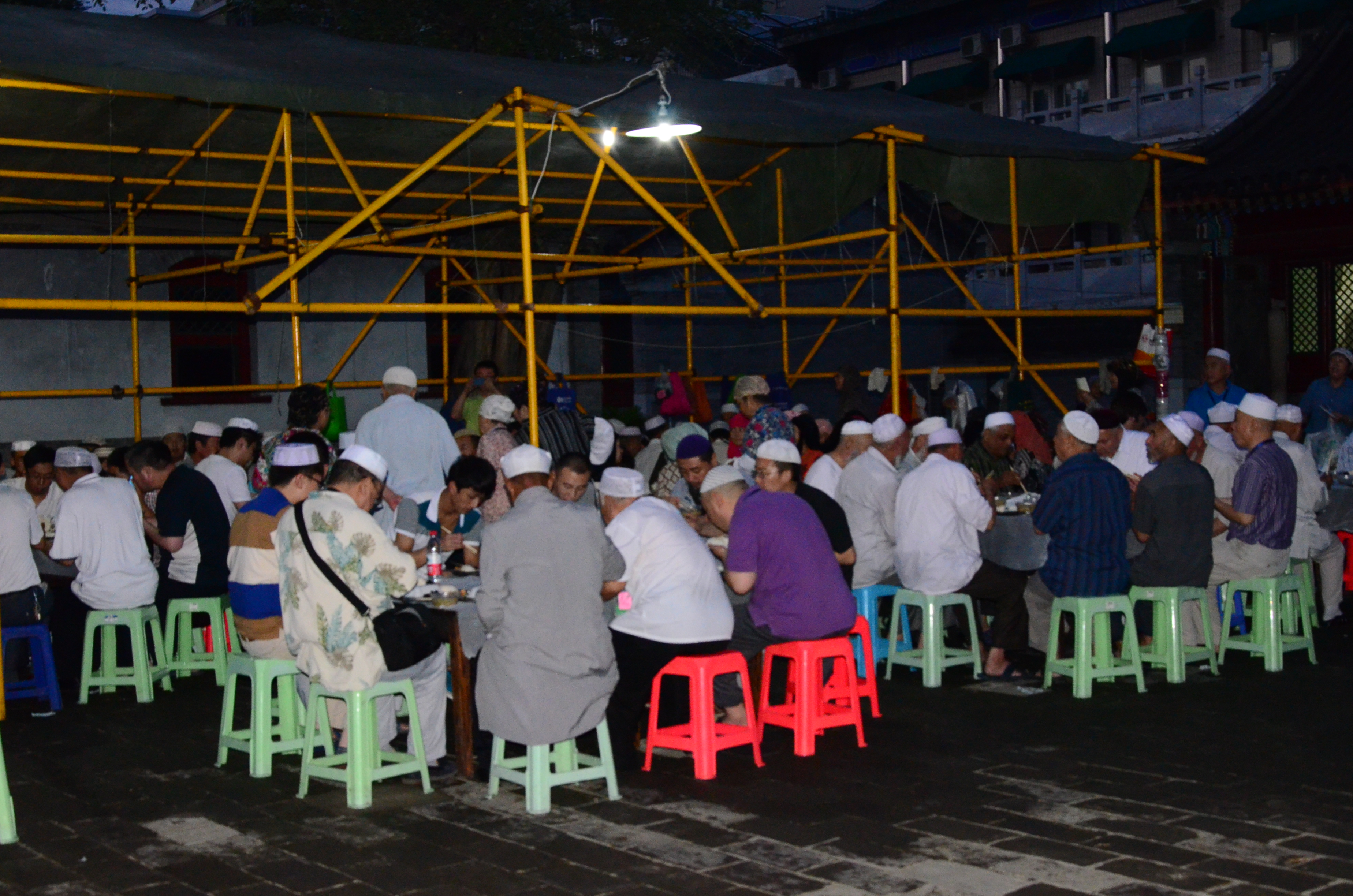
Hi this is my first post in Chinadaily blog. In this auspicious occasion I would like to share my fasting and iftar (breaking fast together) experiences in Beijing.
Like Muslims in other countries, Muslims in Beijing also did not miss fasting in Ramadan. Today, Saturday (July 26, 2014) they had fasted for 28 days. In addition to fasting, they also perform prayers, listen to sermons, reading the Koran and break the fast together.
For me, this year is the third year of fasting in Beijing. In contrast to the fasting in Indonesia, fasting in Beijing become more special because it was done in the midst of a majority of the Chinese people who are not fasting. Sometime my Chinese colleagues invite me to have lunch together or offer drink during the meeting. This is a challenge I must face.
In addition to the challenges mentioned above, I feel happy to do fasting in Beijing. Through fasting, I could train my patience and could have a chance to break the fast together with fellow Muslims in Beijing.
During Ramadhan, at least there are two iftar events that I usually attended. First, I attended iftar with fellow Indonesian which is usually held at the Indonesian embassy. Second, I followed iftar with Chinese Muslim in Niujie mosque, the oldest mosque in Beijing.
In the Indonesian Embassy, we can enjoy the typical Indonesian dishes, such as sweet compote, chicken satay and mix vegetables or gado-gado. While in the Niujie mosque we can try typical food from Xinjiang like dumplings, chicken seasoning mix beans, mushrooms and vegetable bean soup.
In Niujie mosque, I saw how the Muslims of ethnic Hui and Uyghur worked together to prepare the Iftar. Men and women, young and old, boys and girls, together they prepared food for iftar like watermelon and beverages. They also prepare dinner in the back yard of the mosque for about 200 people.

With the order, the congregation occupied the chair that had been prepared. Some women participated by helping the congregation to occupy the places that are still empty. Smiling, they offer meals to the pilgrims. I came a little late for dinner is also welcome to sit and eat with the other pilgrims. While dining, I was chatting with a congregation of Xinjiang Uygur and native tribes.
Done with the dinner, the pilgrims leave the place one by one. I also follow and do not forget to say thank you to those who have been serving exceptional food. I am happy to feel the atmosphere of iftar with Muslim community in Beijing. The atmosphere is full of friendship and family.






Comment